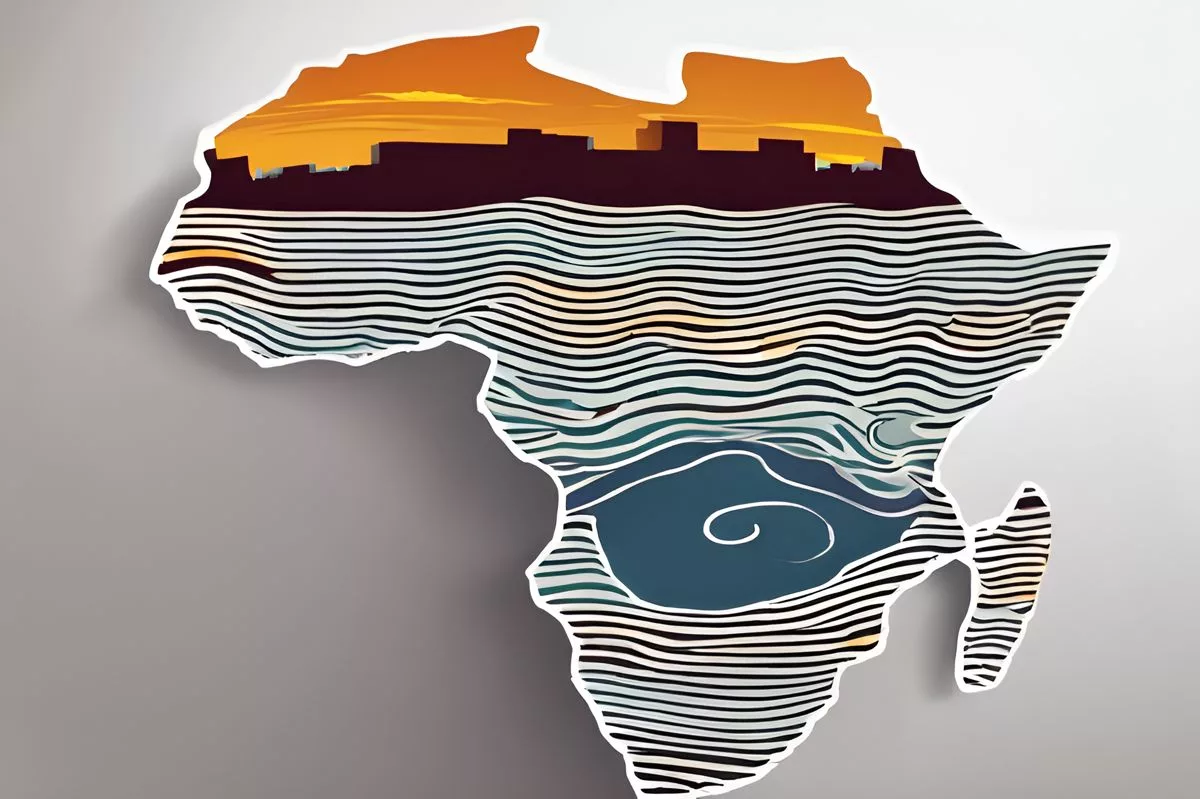A Stage for Dialogue and Innovation
The vibrant city of Cape Town prepares itself for an upcoming grand affair, the Ocean Innovation Africa Summit, slated to occur next month. The event is drawing the attention of numerous enthusiasts. The summit, a rendezvous for discussions about ocean preservation and Africa’s potential role in the evolving ‘blue economy’, is just around the corner. The world’s oceans and seas play a pivotal role in the broad conversation about climate change, sheltering a treasure trove of untapped sustainable business opportunities.
Torsten Thiele, a prominent figure in ocean conservation and the founder of the Global Ocean Trust, is among the renowned speakers set to share their insights at the gathering. Thiele passionately argues that Africa, with its seemingly limitless potential, could potentially outshine more advanced regions in the maritime economic domain.
Blue Economy: A Canvas for Innovation
The United Nations defines the blue economy as a set of financially feasible, socially fair, and sustainable practices focused on our oceans, seas, and coastal areas. This blue economy teems with opportunities for investors, entrepreneurs, and communities to exploit and explore. “The potential in Africa is vast,” Thiele asserts, stressing that Africa’s lack of traditional infrastructure should be viewed not as a drawback, but as a platform for innovation. He further explains that the void of pre-existing systems presents a unique chance to swiftly cultivate a new blue economy. Astoundingly, the returns on every dollar invested in Africa’s blue economy exceed those in more mature economies.
Consider the ordinary seaweed – an unassuming marine plant that, when viewed through the prism of the blue economy, reveals itself as a potential source of wealth. The plant can be leveraged in a multitude of ways, from providing food to replacing plastic, from being a vital component of cosmetics to powering our industries. The World Bank predicts that the global market for seaweed could potentially explode to an eye-watering $11.8 billion by 2030.
Blue Carbon: A Promising Opportunity
Nassim Oulmane, another respected speaker at the summit and the acting director of the UN Economic Commission for Africa’s Technology, Climate Change, and Natural Resource Management Division, identifies blue carbon development as one of Africa’s most lucrative prospects. Ecosystems such as mangroves, seagrasses, and tidal marshes excel at absorbing carbon and greenhouse gases, even surpassing tropical forests in efficiency. As a result, the carbon credits associated with these ecosystems are highly coveted in the global market, making them an attractive option for further investments in ecosystem preservation.
Balancing the Blue Economy with Sustainable Practices
The summit will also feature Loreley Picourt, the executive director of the Ocean & Climate Platform. She will address the crucial task of aligning the blue economy’s prospects with environmentally-friendly practices. “We need to approach ocean management with realism, respect, and mindfulness,” she urges. Picourt underlines the necessity of incorporating cultural, indigenous, and local knowledge and practices into this burgeoning economy. This inclusivity is key to ensuring an equitable distribution of benefits derived from the blue economy.
In conclusion, the ocean unites us all, serving as a reminder of our collective responsibilities rather than creating divisions. The ocean is not merely an ecosystem; it is the planet’s ‘blue lung’ and acts as a geopolitical link promoting unity and collaboration. As the world wrestles with the intricacies of sustainable development, the blue economy offers a persuasive narrative – one of hope, potential, and transformation. With Africa in the driver’s seat, we find ourselves on the brink of a new era of ocean-fueled economic progress.








